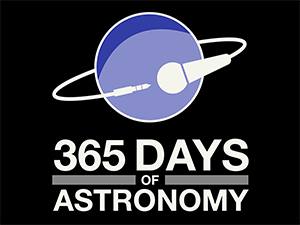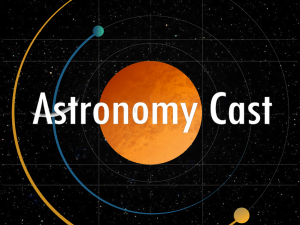
Hot Jupiters aren’t the only new and interesting research to come out of Gaia data, which seems to be used for just about everything these days. Now, in a new paper published in the Monthly Notices of the Royal Astronomical Society, researchers have announced the discovery of four new brown dwarfs. Not only were these cold, elusive planets found but they were also directly imaged. This increases the number of known brown dwarfs by about ten percent, which is impressive and yet frustrating after three decades’ worth of searching.
Brown dwarfs are strange planets that exist somewhere on the spectrum between the largest gas giants and the smallest stars. They may have been big enough to begin deuterium fusion in their cores, but they weren’t big enough to sustain the process for very long. This is why these worlds are so hard to find – they don’t create their own internal heat, and they usually orbit at great distances from their companion stars.
This research team, led by Mariangela Bonavita, developed a new tool that could be used on stars that show signs of another object in their system, gravitationally tugging away. They selected 25 nearby stars to observe and used the Gaia spacecraft to gather data. Follow-up observations were done using the SPHERE planet-finder at the Very Large Telescope, and per the press release: …they successfully detected ten new companions with orbits ranging from that of Jupiter to beyond that of Pluto, including five low-mass stars, a white dwarf (a dense stellar remnant), and a remarkable four new brown dwarfs.
The new discoveries are impressive, and they show that combining space-based observations with ground-based facilities is a good search strategy for finding low-mass companions – even when those companions are hidden by their own lack of light.
More Information
University of Bern press release
“Results from The COPAINS Pilot Survey: four new BDs and a high companion detection rate for accelerating stars,” M Bonavita et al., 2022 May 10, Monthly Notices of the Royal Astronomical Society



